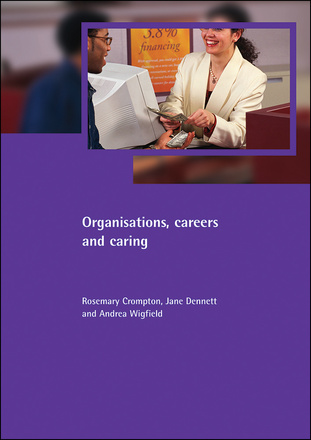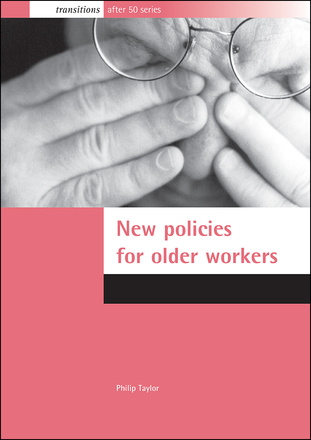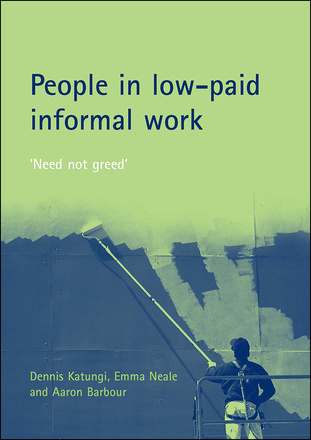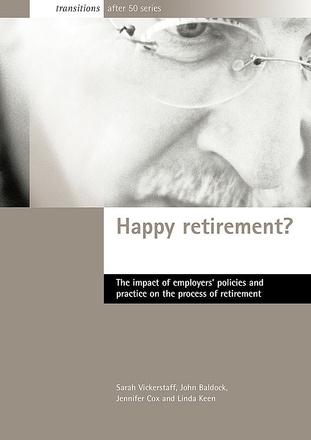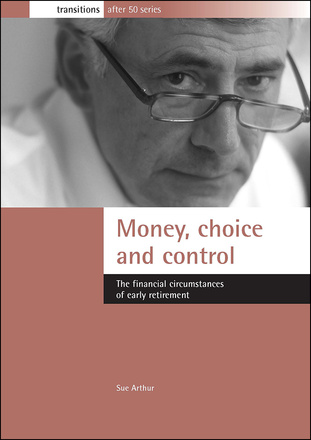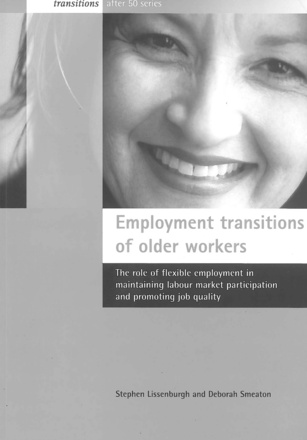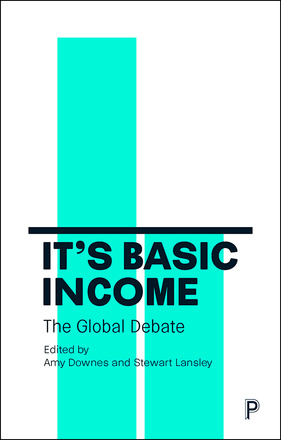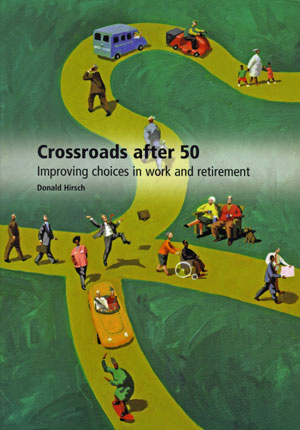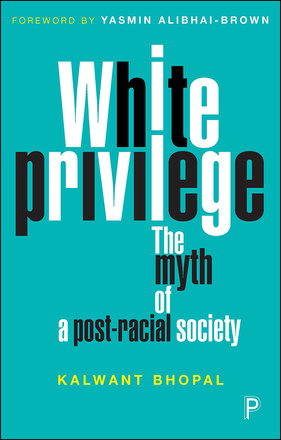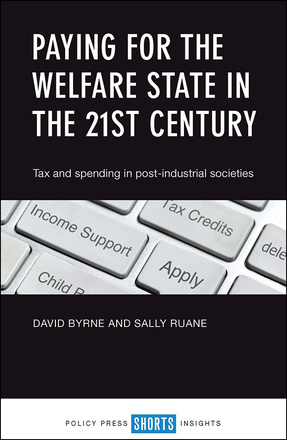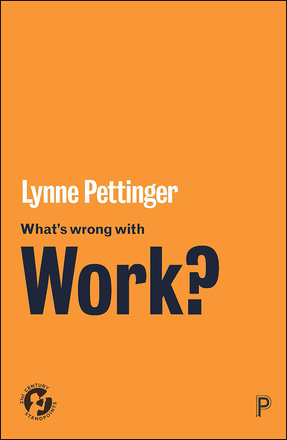Work and labour markets
Organisations, careers and caring
With the increase in mothers' employment both the government and many employers are promoting flexible working policies to improve work-life 'balance'. This report considers the effects of these changes on the lives of both women and men. It examines three employment sectors in detail - banking, grocery retail and local authorities.
New policies for older workers
Against a background of population ageing, policy makers in the majority of industrialised countries are developing policies aimed at extending working life and promoting the benefits of employing older workers. This report reviews developments in several countries and offers recommendations for public policy.
People in low-paid informal work
'Need not greed'
This study examines the relationship between poverty and informal work. Exploring the experiences of people in low-paid informal work, it contends that unless government seeks to include the informal economy in its strategies, it will never be able to reach its employment or anti-poverty targets.
Free pdf version available at www.jrf.org.uk
Happy retirement?
The impact of employers' policies and practice on the process of retirement
Any attempt by governments to stem the tide of early retirement will need to focus as much on employers' management of human resources as on the impacts of social policy. This report focuses on this previously neglected area: employers' policies and practice as a dynamic force in retirement decisions.
Money, choice and control
The financial circumstances of early retirement
This report looks at the role of finances in decisions about early moves out of work. Drawing on in-depth interviews with people who make an early retirement, it makes a distinctive contribution to understanding their experiences, looking at the importance of money alongside other influences, including health and domestic circumstances.
Employment transitions of older workers
The role of flexible employment in maintaining labour market participation and promoting job quality
This report explores the possibilities of more flexible forms of work that bridge the gap between a steady career job and retirement. It examines such jobs in the wider context of the types of transition that are being made by people leaving work early.
The Short Guide to Aging and Gerontology
This compact, focused guide is perfect for students and others new to the field of gerontology. Features include further reading for each chapter, a glossary of key terms, and tables that provide easy reference points.
It's Basic Income
The Global Debate
Contributors including Brian Eno, Demos Helsinki, California’s Y Combinator Research and prominent academics explore the impact Universal Basic Income could have on work, welfare and inequality in the 21st century.
Crossroads after 50
Improving choices in work and retirement
This report draws together the findings from 12 individual Joseph Rowntree Foundation research projects, published in the Transitions after 50 series.
White Privilege
The Myth of a Post-Racial Society
Why and how do those from black and minority ethnic communities continue to be marginalised? Bhopal explores how neoliberal policy-making has increased discrimination faced by those from non-white backgrounds. This important book examines the impact of race on wider issues of inequality and difference in society.
Paying for the Welfare State in the 21st Century
Tax and Spending in Post-Industrial Societies
Amid urgent debates around the function of welfare in the post-industrial 21st Century, and how we pay for it, David Byrne and Sally Ruane deploy the concepts and analytical tools of Marxist political economy to better understand recent developments, and the possibilities they present for social change.
What’s Wrong with Work?
What’s wrong with work shows that how workers are treated has wide implications beyond the lives of workers themselves.
Recognising gender, race, class and global differences, the book considers the ways formal work is often dependent on informal work and concludes by considering what might make work better.







